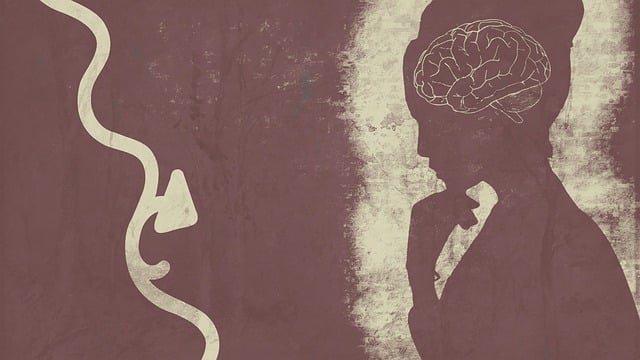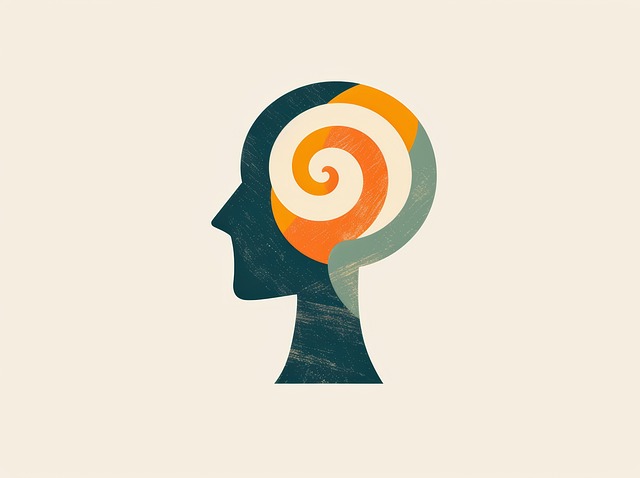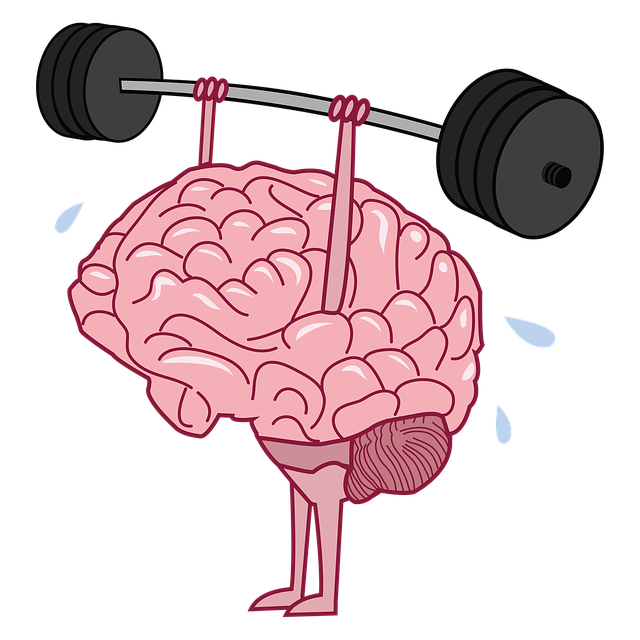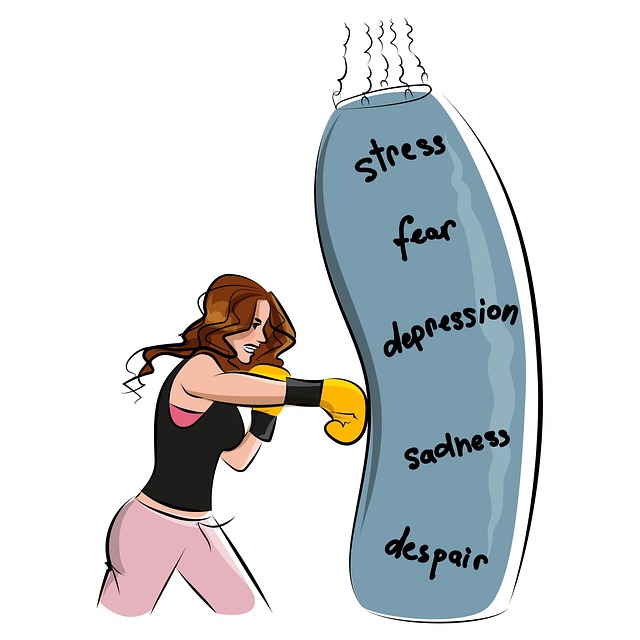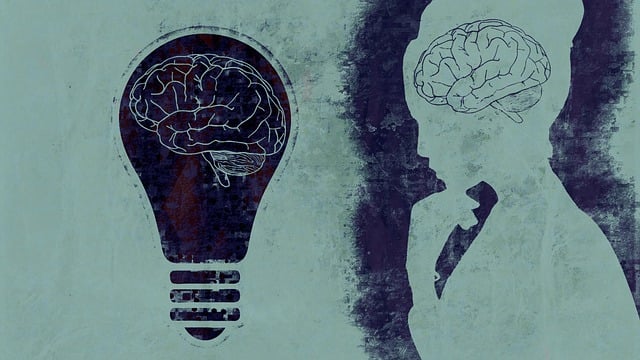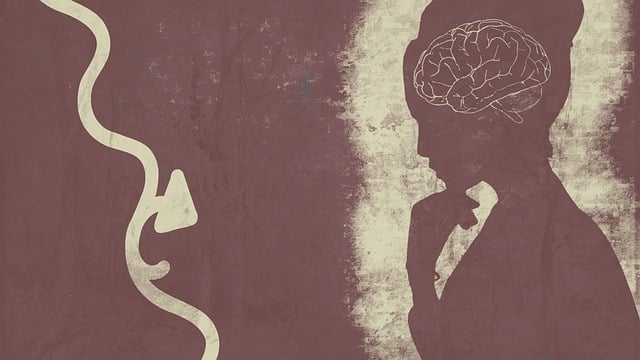Adolescence is a critical period vulnerable to trauma from abuse, neglect, or community violence, which can have lasting effects on brain development and behavior. Effective support requires understanding the trauma-adolescence connection. Therapy incorporating biofeedback helps teens gain control over stress responses, empowering them to manage traumatic memories and emotions healthily. Integrating biofeedback with traditional therapy, social skills training, and mental health education promotes holistic development, enhancing self-regulation and coping mechanisms for long-term mental wellness. Recent case studies show successful outcomes in anxiety reduction among adolescent clients, emphasizing the positive impact of biofeedback on trauma support services.
Trauma support services are crucial for the healing and development of adolescent teens. This comprehensive guide delves into understanding the profound impact of trauma on young minds, highlighting the significance of specialized therapy like biofeedback in their recovery. We explore a multi-faceted approach to supportive services, emphasizing evidence-based practices for optimal care. Through real-world case studies, we demonstrate successful implementations and positive outcomes, offering valuable insights for professionals in the field of trauma therapy for adolescent teens and biofeedback.
- Understanding Trauma and Its Impact on Adolescent Teens
- The Role of Biofeedback in Trauma Therapy for Teens
- Providing Supportive Services: A Comprehensive Approach
- Integrating Evidence-Based Practices for Optimal Care
- Case Studies: Successful Implementation and Outcomes
Understanding Trauma and Its Impact on Adolescent Teens

Adolescence is a critical period where teens navigate significant physical and emotional changes. During this transformative phase, they may encounter various traumatic events that can profoundly impact their mental health. Trauma, whether from abuse, neglect, accidents, or community violence, leaves lasting effects on adolescent teens’ brains and behaviors. Understanding the intricate relationship between trauma and adolescence is essential to providing effective support.
Therapy for Adolescent Teens plays a pivotal role in healing and recovery. Techniques like biofeedback help individuals gain control over their physical responses to stress, fostering a sense of empowerment. Additionally, teaching conflict resolution skills and promoting mind over matter principles can empower teens to manage traumatic memories and emotions healthily. Healthcare Provider Cultural Competency Training is also vital; it ensures that support systems are equipped to address the unique needs of diverse adolescent populations, recognizing that trauma’s impact can vary across cultural contexts.
The Role of Biofeedback in Trauma Therapy for Teens

Biofeedback is an innovative approach that has gained significant attention within trauma therapy for adolescent teens. This non-invasive technique empowers young individuals to take an active role in their healing process by providing them with real-time information about their physiological responses during traumatic memories or triggers. Through sensors attached to their bodies, teens can visually observe and gain control over bodily reactions such as heart rate, muscle tension, and skin conductance—reactions that are often automatic and unconscious following a traumatic event. By learning to recognize these physical cues, adolescents can develop better coping strategies and enhance their ability to self-regulate during distressing situations.
Integrated into comprehensive therapy programs, biofeedback is particularly effective when combined with other evidence-based practices like Social Skills Training and Mental Health Education Programs Design. These programs focus on fostering healthy interpersonal relationships and imparting essential mental health knowledge, which, alongside biofeedback, contribute to the holistic development of teens. Additionally, Coping Skills Development becomes more accessible as biofeedback enables teens to understand their bodies’ responses, facilitating the adoption of healthier coping mechanisms.
Providing Supportive Services: A Comprehensive Approach

In providing trauma support services, a comprehensive approach is essential to effectively address the complex needs of adolescent teens who have experienced traumatic events. This involves integrating various therapeutic modalities, such as therapy for adolescent teens and biofeedback techniques, to offer a holistic treatment plan. By incorporating biofeedback into traditional therapy sessions, professionals can empower young individuals to develop self-care routine development for better mental health and improved mood management skills.
The collaborative nature of this approach ensures that trauma support services are tailored to each teen’s unique experiences and challenges. Through these comprehensive strategies, adolescents gain valuable tools to navigate their emotional responses to trauma, fostering resilience and promoting long-term mental well-being. This holistic perspective recognizes the interconnectedness of physical, emotional, and psychological aspects of healing from traumatic events.
Integrating Evidence-Based Practices for Optimal Care

In providing trauma support services for adolescent teens, integrating evidence-based practices is paramount for optimal care. Therapies such as biofeedback have shown promising results in helping young individuals regulate their emotional responses and cope with traumatic memories. By combining traditional talk therapy with innovative techniques like biofeedback, mental health professionals can offer a more comprehensive approach to treatment. This multi-faceted strategy not only enhances the efficacy of therapy but also empowers teens with essential coping skills for long-term mental wellness.
Additionally, risk management planning is crucial for ensuring the safety and well-being of both clients and professionals in trauma support settings. Incorporating development in mental wellness coaching programs allows therapists to guide adolescents towards healthier ways of managing their emotional states. These programs not only foster resilience but also encourage proactive engagement in one’s mental health, ultimately contributing to a more sustainable recovery journey.
Case Studies: Successful Implementation and Outcomes

In recent years, several case studies have highlighted the successful implementation and positive outcomes of trauma support services, particularly focusing on therapy for adolescent teens combined with biofeedback techniques. These studies demonstrate that integrating biofeedback into traditional therapy sessions can significantly enhance stress management workshops organized by mental health professionals. By employing biofeedback as a tool, therapists can more effectively monitor and regulate the physiological responses of their young clients, leading to improved treatment outcomes.
For instance, research has shown that risk management planning for mental health professionals who incorporate biofeedback into their practice have seen notable reductions in anxiety levels among adolescent teens. This not only improves the overall well-being of the patients but also fosters better concentration and emotional regulation during therapy sessions. Furthermore, stress reduction methods derived from biofeedback have been instrumental in helping these teenagers develop healthier coping mechanisms, thereby mitigating potential risks associated with trauma and promoting positive mental health outcomes.
Trauma support services for adolescent teens require a multifaceted approach, integrating evidence-based practices like biofeedback therapy to address the profound impact of trauma. By understanding the unique needs of this demographic and employing comprehensive strategies, we can foster healing and improve outcomes. The case studies presented highlight successful implementations, demonstrating that with the right tools and care, adolescents can overcome trauma and thrive. As we continue to navigate the complex landscape of mental health, leveraging biofeedback within a supportive services framework offers promising avenues for positive change in the lives of teen victims.
